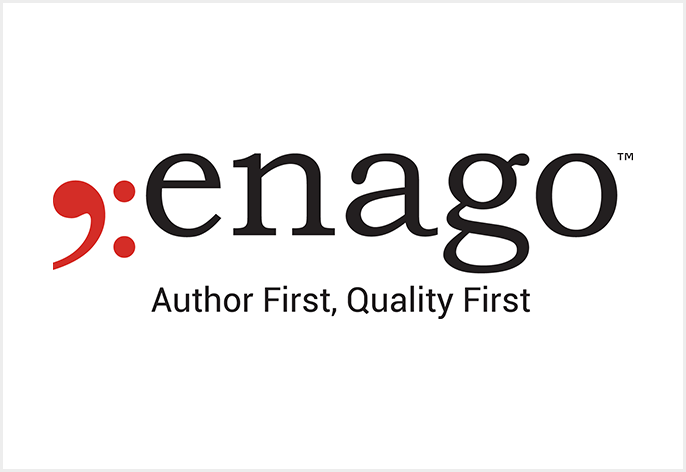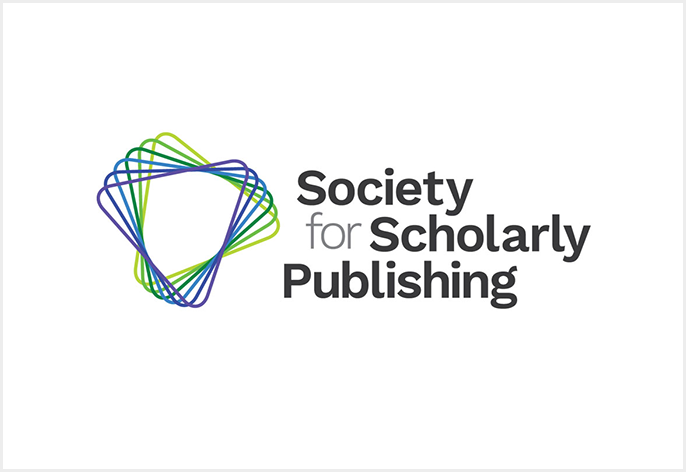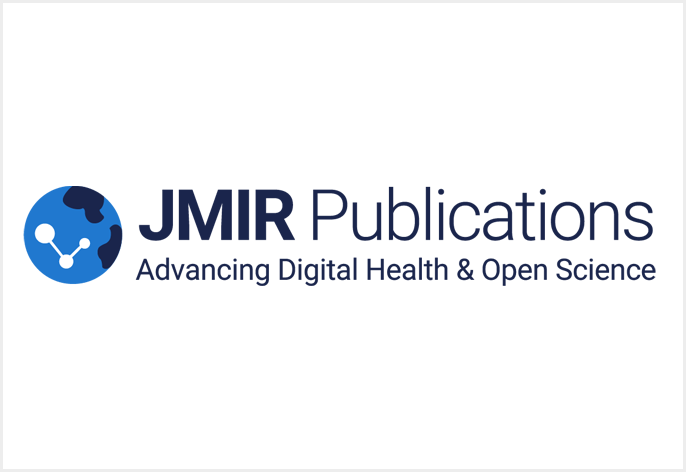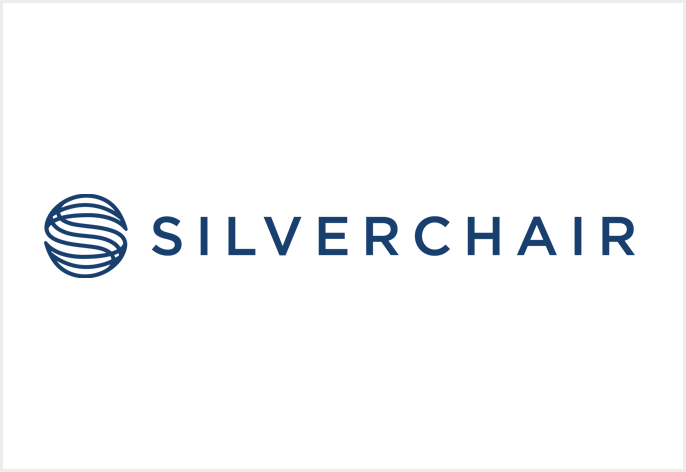Crimson Interactive, a globally trusted partner for academic and scientific communications, language solutions, and publishing innovation, is pleased to announce the appointment of Abhigyan Arun as its new Chief Executive Officer, effective July 1, 2025.
This pivotal leadership transition arrives at a defining moment for the STM industry, which is undergoing rapid transformation driven by shifting market demands and the accelerating impact of AI-powered innovation.
Abhi brings over 27 years of extensive experience spanning technology, strategy, and leadership roles, with the past decade focused exclusively on the academic publishing industry. Most recently, he served as CEO of TNQ Technologies. His proven track record in driving strategic growth, fostering digital transformation, and building people-first and customer-centric organizations ideally positions him to lead Crimson into its next chapter.
“Crimson has always been at the forefront of anticipating change and building future-ready capabilities,” said Sharad Mittal, Founder of Crimson. “Abhi’s forward-thinking vision, profound appreciation of technology as a transformative driver, and nuanced understanding of the STM space make him the ideal leader to carry our mission forward. I eagerly look forward to working closely with him.”
Sharad, founder of Crimson will remain with the business but will transition into a strategic role where he will focus on AI-driven innovations and the creation of next-generation products.
Abhi’s induction as the new CEO strengthens Crimson’s mission to solve the challenges of the industry with an innovative, AI-driven approach, while continuing to build on the strong foundation of its brands: Enago, Charlesworth, Ulatus, Trinka, and Enago Life Sciences.
“Crimson is a company I’ve long admired – bold, global, and committed to empowering researchers worldwide”, says Abhi. “With its strong technology foundation, purpose-driven brands, and proven AI capabilities, the opportunity ahead is immense. The team’s deep understanding of technology, coupled with a willingness to evolve with it, makes this journey even more exciting. I look forward to contributing to an organization that values curiosity, resilience, and innovation.”
As Crimson Interactive embarks on this exciting new chapter, the company remains committed to pushing the boundaries of innovation, empowering researchers, and shaping the future of academic and scientific communications for years to come.






























